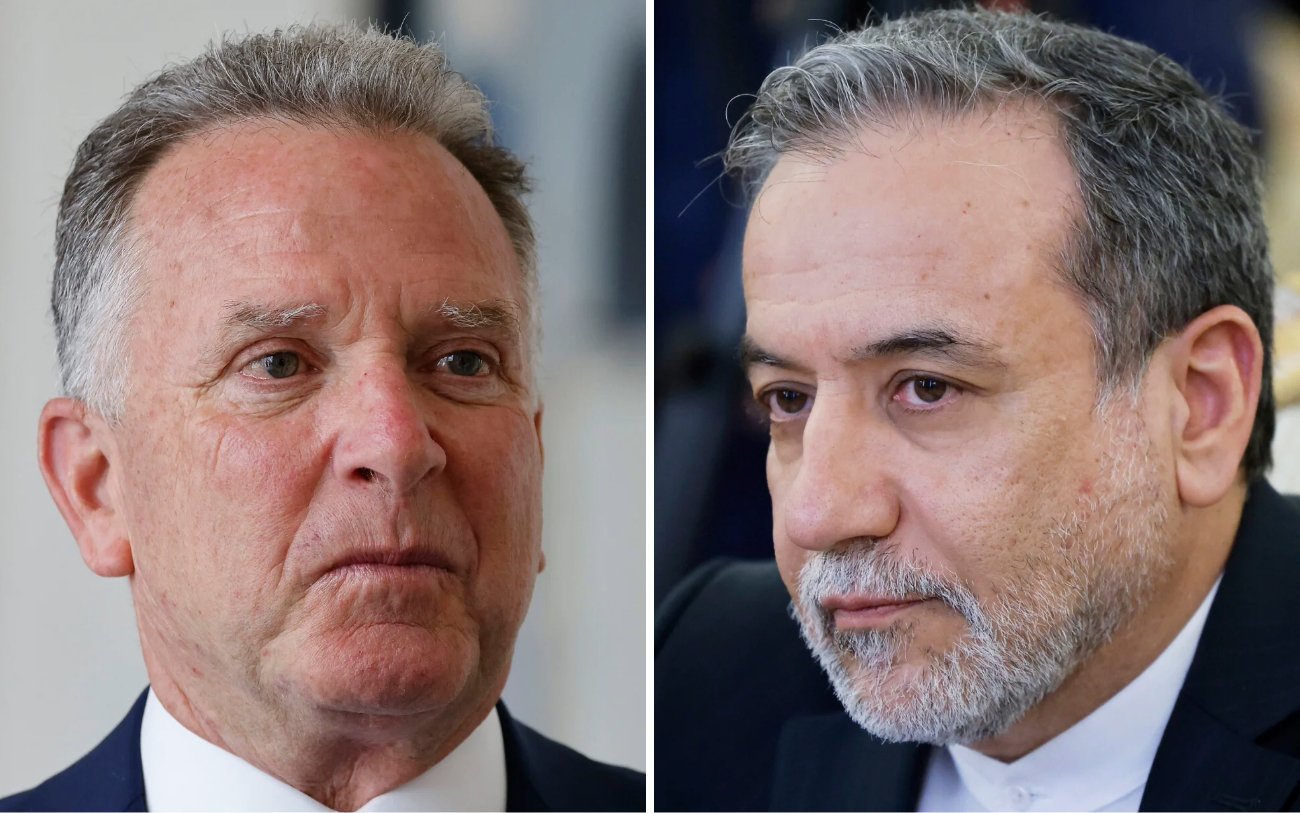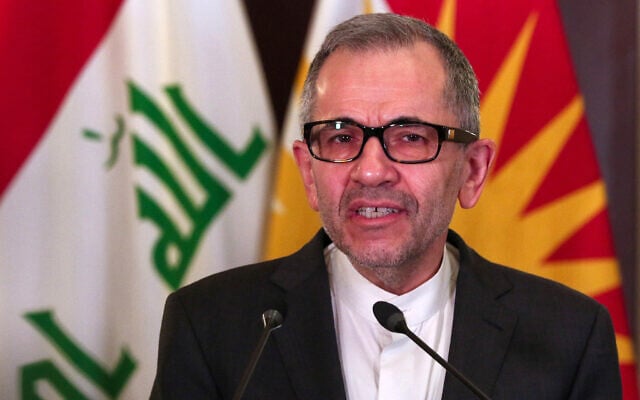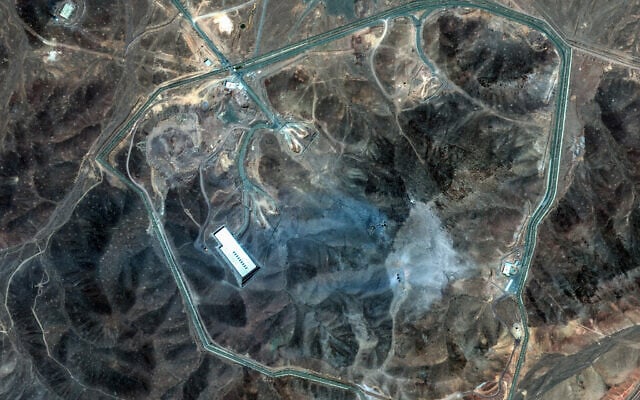



White House special envoy Steve Witkoff and Iran’s Foreign Minister Abbas Araghchi will resume nuclear talks in Oslo next week, in their first meeting since Israel’s 12-day war with Iran, Axios reported Thursday.
There is not yet a final date for the talks in the Norwegian capital, according to the report, which cited two unidentified sources.
Neither Washington nor Tehran has publicly confirmed the meeting. Iran’s mission to the UN declined to Axios’s request for comment, and a White House official told the news site that “we have no travel announcements at this time.”
Tehran and Washington had held five rounds of nuclear talks since April 12 and were set to hold a new round two days before Israel launched a series of strikes against Iran on June 13. On June 22, Israel’s ally, the United States, launched unprecedented strikes of its own on Iranian nuclear facilities at Fordo, Isfahan and Natanz.
Iran’s Deputy Foreign Minister Majid Takht Ravanchi said Thursday that his country remains open to diplomacy with Washington, provided the US offers guarantees it will not resort to military action against the Islamic Republic.
“We are for diplomacy,” Takht Ravanchi told US broadcaster NBC, adding that Washington should “convince us that they are not going to use military force while we are negotiating.”
“That is an essential element for our leadership to be in a position to decide about the future round of talks,” said Takht Ravanchi.
During the nuclear talks, which were stalled because of the fighting, Iran and the United States had been at sharp odds over Iran’s uranium enrichment, which Tehran considers a “non-negotiable” right and which Washington has called a “red line.”
Iran has insisted on its right to enrich uranium even after the 12-day war with Israel. Speaking to NBC, Takht Ravanchi said, “Our policy has not changed on enrichment.”
“Iran has every right to do enrichment within its territory. The only thing that we have to observe is not to go for militarization,” he said.
The comments came after Araghchi on Monday said Iran could soon start enriching uranium again, and that “we still need more time” before resuming nuclear talks with Washington to make sure the US will not resort to military action during negotiations.
Though Iran denies seeking nuclear weapons, it has amassed uranium enriched to 60% — far beyond what is necessary for civilian uses and a short step away from weapons-grade. Israel says Iran recently took steps toward weaponization.
Axios said Iran’s uranium stockpile will be a key issue in future nuclear talks. The news site cited Israeli and US officials as saying Iran’s highly enriched uranium is “sealed off from the outside world” following the US and Israeli attacks on Fordo, Isfahan and Natanz. According to the news site, Iran cannot reach the uranium but may be able to after the debris from the attacks is cleared.
Israel said its sweeping attacks on Iran’s nuclear program, military leadership and missile production were necessary to prevent the Islamic Republic from realizing its avowed goal of destroying the Jewish state. Iran retaliated against Israel’s strikes with a series of deadly ballistic missile strikes.
Witkoff and Araghchi spoke directly throughout the conflict in a bid to resolve it diplomatically, Reuters has reported. The war ended with a US-brokered ceasefire on June 24.


